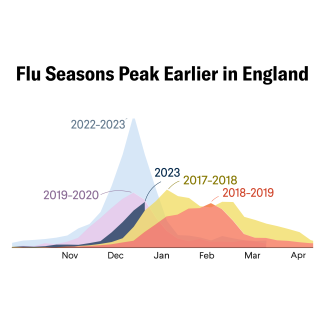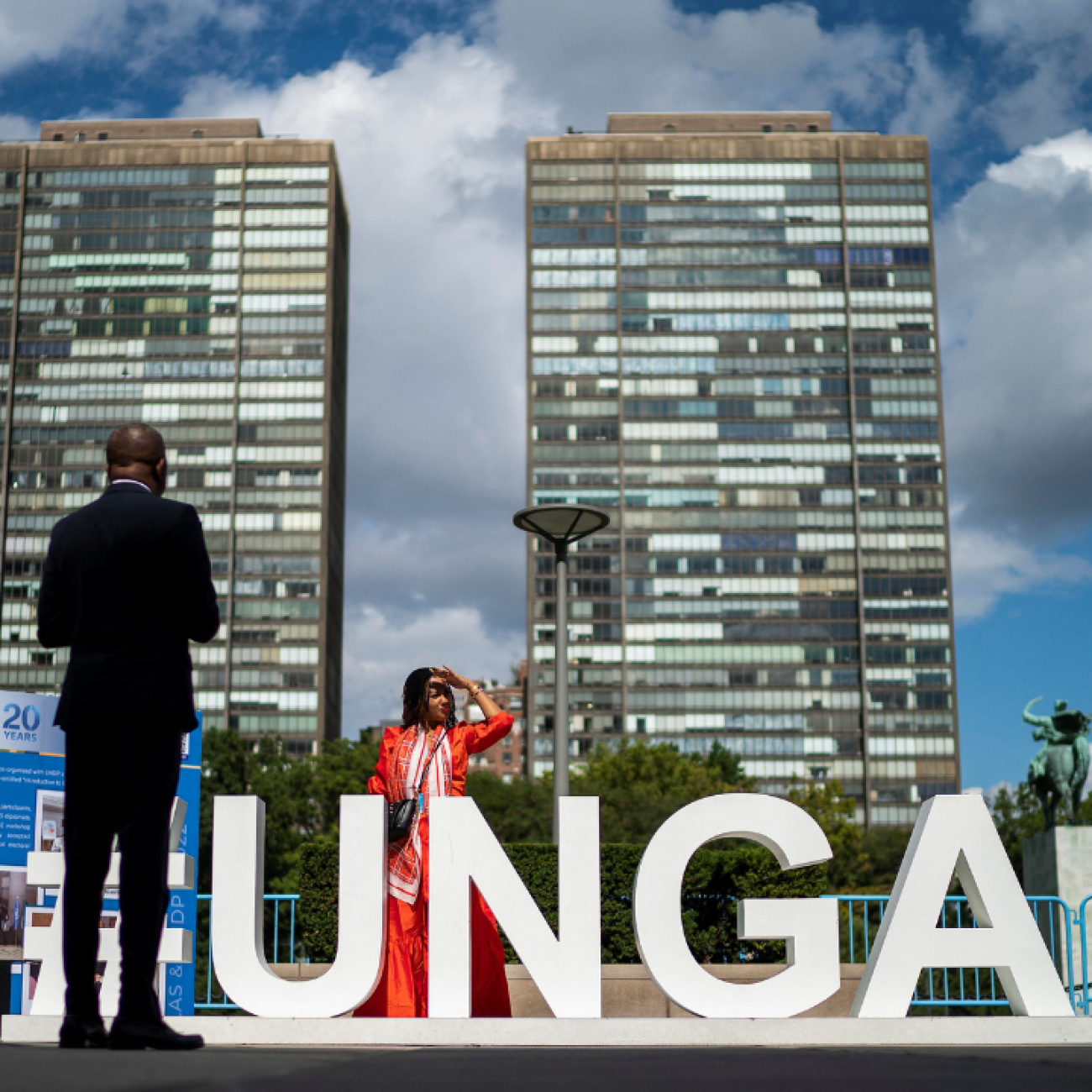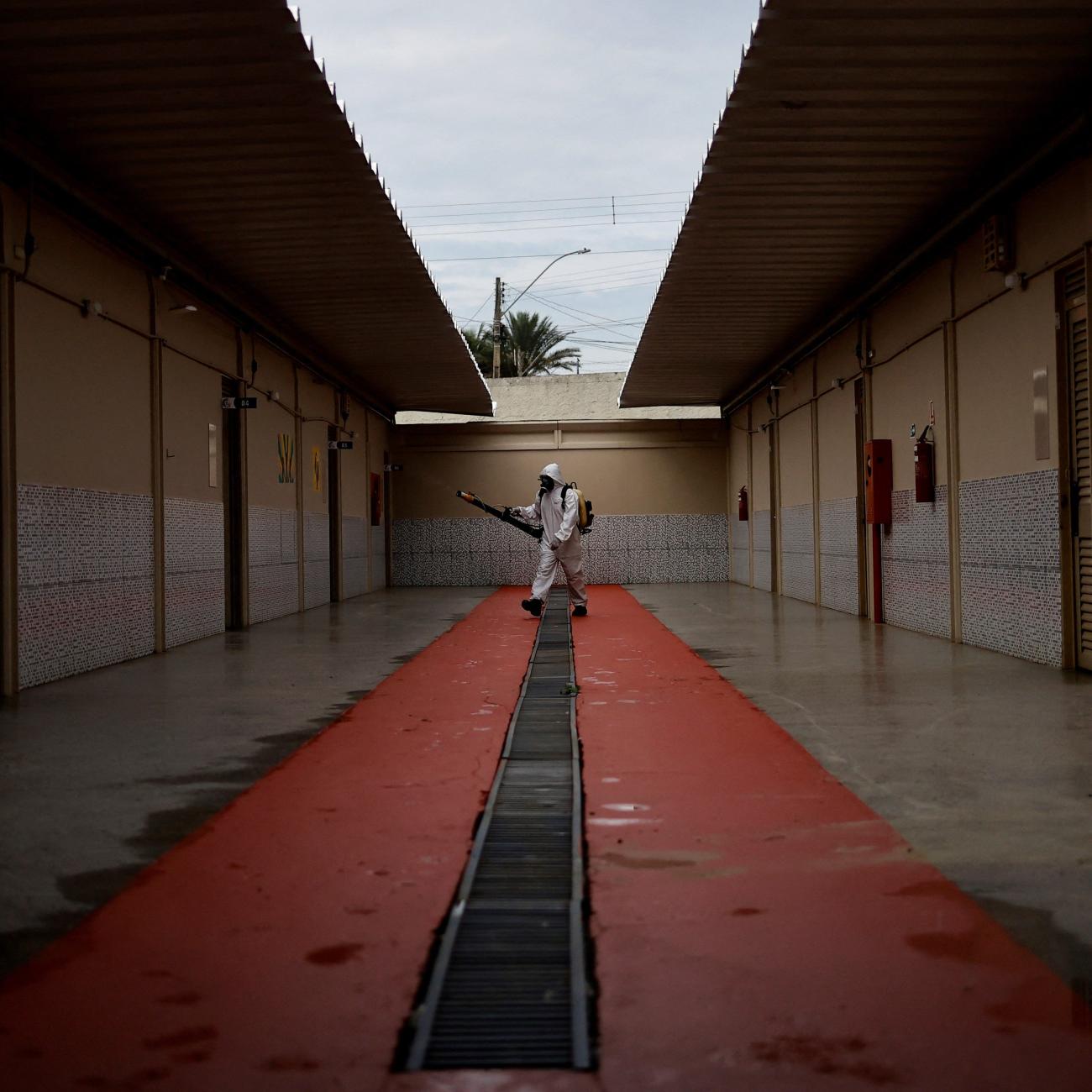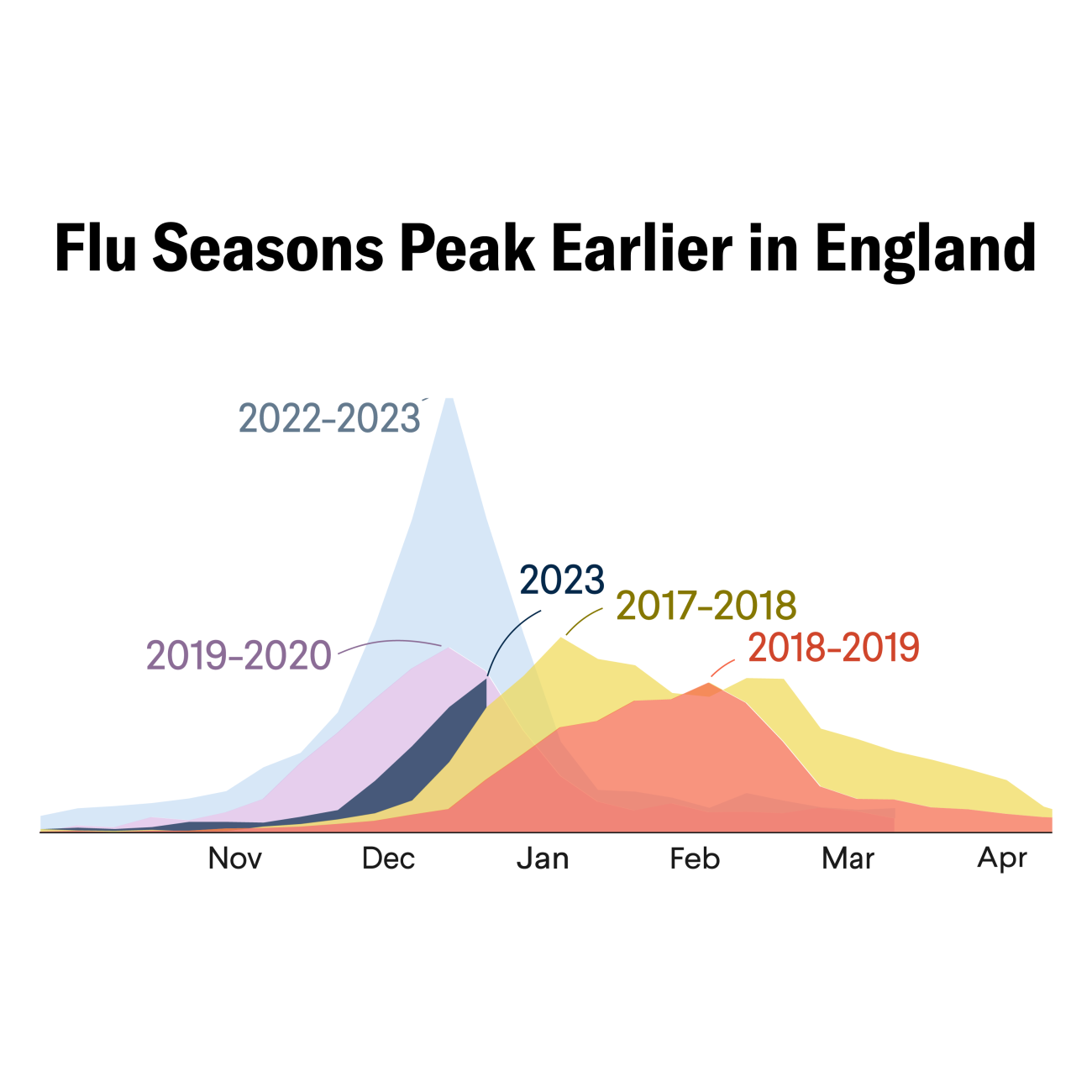On September 18, the UN General Assembly convenes for its seventy-eighth session—the first time since 2019 that the global COVID-19 emergency does not hang over its work. Fittingly, the assembly will host several summits and meetings on health-related issues. Those gatherings will provide UN members and nongovernmental actors opportunities to take stock of, and chart new pathways for, global health in a post-COVID world.
The complexity of the health threats and determinants that the summits and meetings will address caution against generalizations. Even so, the topics share characteristics and contexts that highlight the challenges global health diplomacy faces. Each issue on the agenda was in trouble before COVID-19, and the pandemic has made progress more complicated, contentious, and costly. In addition, geopolitical competition among the United States, China, and Russia and a push for nonalignment by countries in the Global South threaten the multilateralism that many believe is vital to advancing global health.
SDG Summit
In 2015, the UN adopted the 2030 Agenda for Sustainable Development to reach seventeen Sustainable Development Goals (SDGs). The SDGs became the center of gravity for development strategies. The SDG Summit will convene half-way to the 2030 target to assess progress and determine what should be done to accelerate fulfilling the SDGs.
Each issue on the agenda was in trouble before COVID-19, and the pandemic has made progress more complicated, contentious, and costly
Published the year before the COVID-19 pandemic began, the Sustainable Development Report 2019 noted progress made but observed that the world was far from achieving the SDGs by 2030. In that report, UN Secretary-General António Guterres warned that climate change, environmental degradation, inadequate efforts on hunger and poverty, lack of access to health services, armed conflicts, and natural disasters were thwarting the SDG agenda.
By 2023, the situation was worse. In his report for the SDG Summit, Guterres argued that progress on the SDGs was too slow and fragile and had been damaged by the “pandemic, the war in Ukraine, and climate-related disasters.” The promise of the SDGs, the secretary-general lamented, “is in peril.” The UN intends for the summit to “mark the beginning of a new phase of accelerated progress” on the SDGs through “high-level political guidance on transformative and accelerated actions leading up to 2030.”
Climate Ambition Summit
Climate change has long been considered a threat to health. However, efforts to reduce greenhouse gas emissions sufficiently to mitigate damage to health and well-being had failed before the COVID-19 pandemic, and climate diplomacy had largely neglected climate adaptation. The UN Intergovernmental Panel on Climate Change warned before, during, and after the pandemic of a dangerous future if countries did not take urgent and serious mitigation and adaptation actions. When July 2023 became the hottest month in recorded history, Secretary-General Guterres argued that the “era of global boiling has arrived.”
In response to the climate crisis, the secretary-general organized the Climate Ambition Summit to “accelerate the pace and scale of a just transition to a more equitable renewable-energy based, climate-resilient global economy.” The summit will seek commitments from governments and nongovernmental actors, such as corporations, for bigger and faster climate mitigation and adaptation activities.
High-Level Meeting on Pandemic Prevention, Preparedness, and Response
COVID-19 demonstrated that governments and international institutions were unprepared for a pandemic—a situation widely known before COVID-19 emerged. That failure contributed to illness and death for millions, exacerbated economic and social inequalities, polarized politics in many countries, and intensified geopolitical competition.
Efforts to strengthen pandemic prevention, preparedness, and response (PPR) began during COVID-19, including establishment of the Pandemic Fund and negotiations to revise the International Health Regulations (2005) and create a pandemic accord. Those and other initiatives have continued after the global COVID-19 emergency ended. However, as Carolyn Reynolds noted, other crises—such as climate change, the Ukraine war, and food insecurity—have caused political interest in pandemic PPR to wane, “placing the world at heightened risk.”
COVID-19 demonstrated that governments and international institutions were unprepared for a pandemic—a situation widely known before COVID-19 emerged
To help strengthen pandemic PPR strategies and capabilities, the General Assembly is holding its first high-level meeting to “mobilize political momentum” for “a multisectoral approach towards pandemic prevention, preparedness and response.” The zero draft of a declaration that the meeting will negotiate calls for scaling up pandemic PPR reforms on, among other things, equity, global governance, leadership, accountability, and financing.
High-Level Meeting on Universal Health Coverage
The SDGs identified universal health coverage (UHC) as a target in the goal of ensuring healthy lives and promoting well-being for all. The UN convened a high-level meeting on UHC in 2019 to stimulate action because insufficient progress had been made. The meeting’s declaration stated that “half the world’s population lacks access to essential health services” and, without more effort, the SDG’s target on UHC would not be met by 2030.
The concept note for the 2023 high-level UHC meeting asserted that access to essential health services stagnated after the SDGs were launched. Director-General of the World Health Organization (WHO) Tedros Adhanom Ghebreyesus emphasized that COVID-19 “disrupted health systems around the world, depriving millions of essential health services, and setting countries back in their efforts to achieve UHC.” According to the concept note, the meeting will review “implementation of the 2019 Political Declaration to identify gaps and solutions to accelerate progress towards the achievement of universal health coverage by 2030.”
High-Level Meeting on the Fight Against Tuberculosis
The SDGs included ending the tuberculosis (TB) epidemic in the goal of ensuring healthy lives and promoting well-being for all. Global action against TB made progress before the COVID-19 pandemic. In 2019, the Global Fund to Fight AIDS, Tuberculosis, and Malaria reported that 5.3 million people had been treated for TB in 2018, TB treatment coverage increased to 61 percent in 2017 from 49 percent in 2010, and the treatment success rate reached 84 percent in 2016. That progress informed the UN High-Level Meeting on the Fight to End Tuberculosis in 2018 that set new targets for eliminating the TB epidemic by 2030.
However, according to WHO Director-General Tedros, COVID-19 had a “devastating impact” on health services and helped reverse the “fragile gains made towards ending TB.” The pandemic’s disruption of TB health services caused the number of people with TB disease to increase between 2020 and 2021 for the first time since 2006. The concept note for the 2023 high-level TB meeting indicated that the meeting will review “the achievement of agreed tuberculosis goals at the national, regional and global levels contained in the 2018 political declaration, to identify gaps and solutions to accelerate progress towards ending the epidemic by 2030.”
The treatment success rate for tuberculosis reached 84 percent in 2016
What Is At Stake
The summits and meetings taking place during the General Assembly are a test of multilateralism on global health in a context in which international cooperation is fragmenting. Each summit and meeting described will call for more expansive, rapid, and expensive collective action. Together, the gatherings constitute a breathtaking health-related agenda for a troubled world.
The lofty rhetoric and ambitious promises that the summits and meetings will produce will not answer whether the UN-centered multilateral system can direct global health diplomacy after the COVID-19 pandemic. The answer to that question will emerge from the impact those multilateral attempts to accelerate collective action on global health have on the national interests of countries. With 2030 pegged as a seminal moment of reckoning, the world will not need to wait long to assess whether multilateralism can deliver global health from a grim future.





